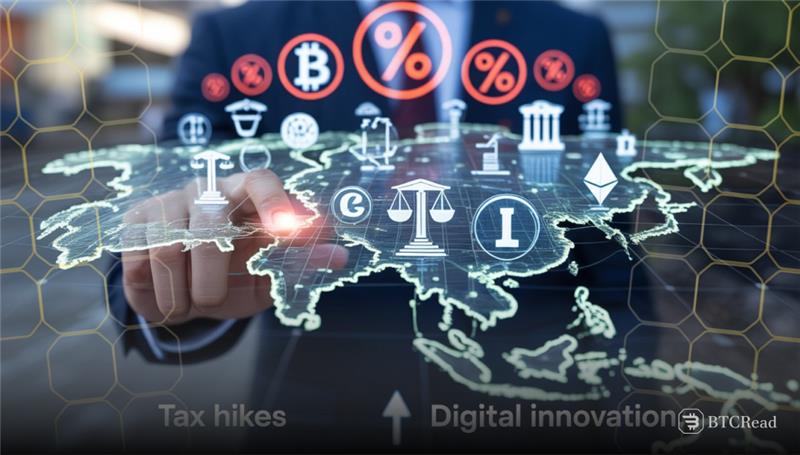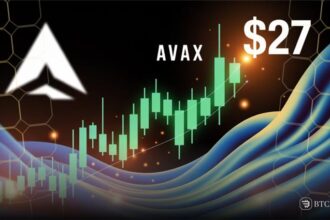Several Asian countries are moving quickly to shape their crypto policies. South Korea took a clear step by launching a new team under its central bank. The Virtual Asset Team will now watch stablecoin markets and help lawmakers craft new rules.
The bank also restructured the digital currency division to focus more on tools of privacy tools and digital token systems. Indonesia, however, has stepped up taxes for crypto. Effective August 1, the new law has boosted rates for domestic as well as offshore exchanges. Sellers on domestic exchanges pay 0.21% tax, while offshore sellers pay 1%.
However, the consumers no longer pay value-added tax. The country raised VAT for mining to 2.2% as well. It aims to phase out the special income tax by 2026. Osaka Exchange in Japan is planning to launch crypto asset futures as well as options. Once licensed, these will be listed at the Tokyo Stock Exchange. JD.com also hinted at entering the stablecoin market.
Crypto trademarks filed for JCOIN and JOYCOIN use
Its blockchain department registered “JCOIN” and “JOYCOIN” for potential future uses in payments as well as cross-border payments. Hong Kong’s new stablecoin regulating law took effect on August 1. It bans unlicensed firms from offering stablecoin services. Street-level exchanges, however, remain operational as usual, irrespective of the law. Some of the employees said that they had not been officially informed.
Regulators hope to collect the public’s views on the over-the-counter trading until late August. There was reported fraud involving crypto in China. An ex-employee of one of the video apps made away with millions of subsidies by divulging company information as well as creating false records. He deposited amounts in bitcoin and made use of coin mixers to conceal the money’s trail.
Philippines secures public documents on Polygon
The authorities confiscated over 90 bitcoins and arrested the group. The Philippines made two major moves. First, the government kept public records in Polygon’s blockchain. This is for fighting fake files as well as boosting confidence.
Second, the ride-hailing Grab app now also lets users in the country refill digital wallets in cryptocurrencies. This feature is set to broaden digital finance penetration. OKX also added the trading of crypto derivatives in the UAE for retail consumers.
They trade futures and options at 5x leverage. It is made available in compliance with in-country regulations in the innovation system of Dubai. Coinbase, a large cryptocurrency exchange, is added to the portfolio at this time. Its combined U.S. assets now cross $1.1 billion in value.







